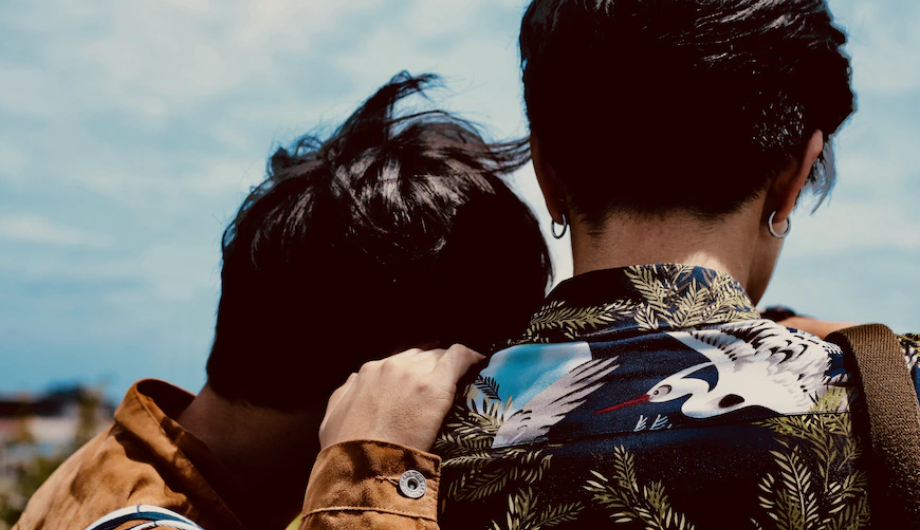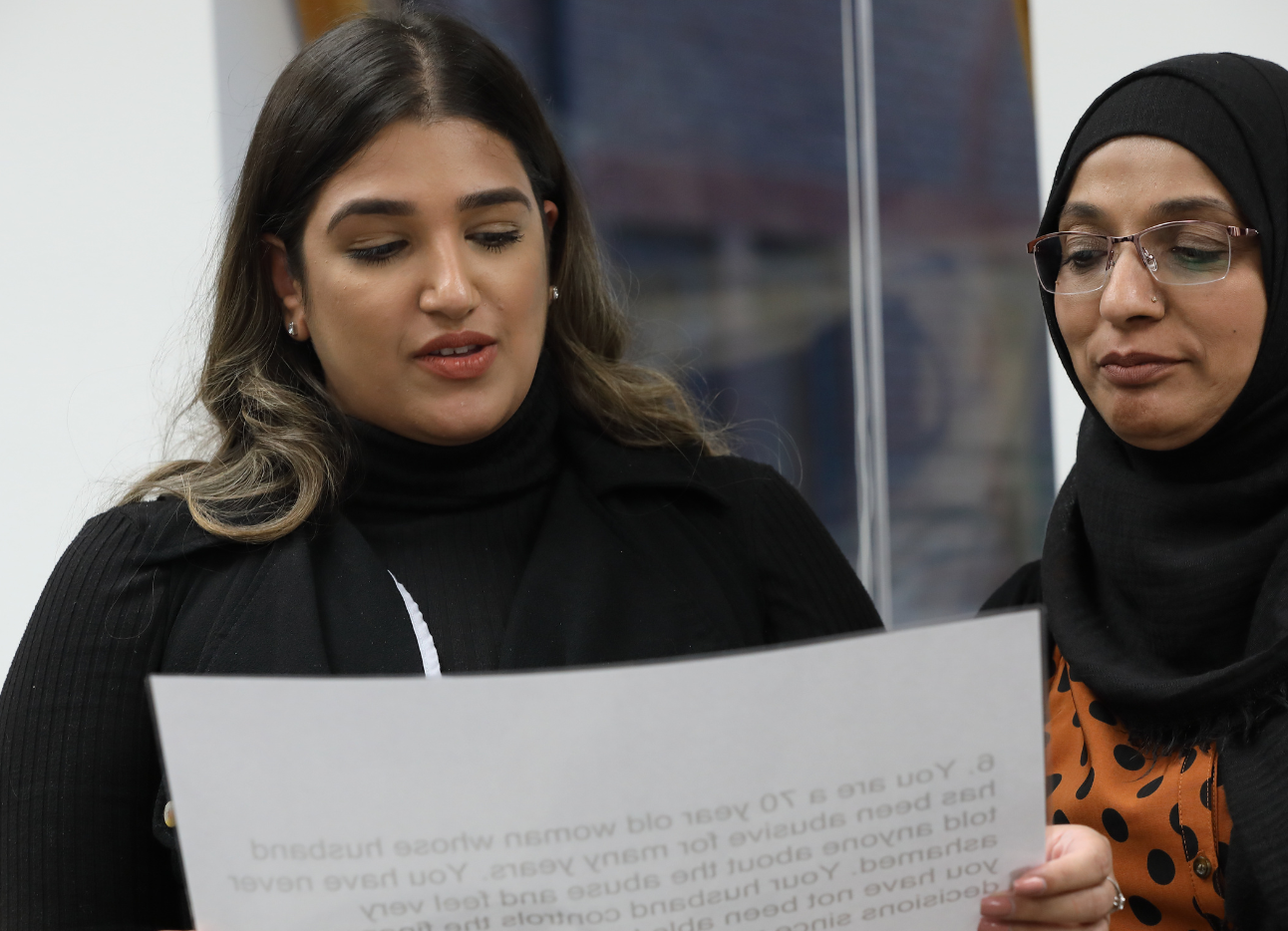
About Jasvinder Sanghera and Karma Nirvana
Jasvinder Sanghera CBE is the author of The Sunday Times bestseller, ‘Shame’, ‘Daughters of Shame’ and ‘Shame Travels’. She featured in the award-winning documentary ‘Honour Diaries’ and her first TED talk has over 220,000 views on YouTube.
Jasvinder founded Karma Nirvana in 1993 to offer emotional and practical support to British victims. Today the charity operate a national helpline that receives approximately 800 phone calls per month. Karma Nirvana provide training to the Police, NHS and Social Services. Jasvinder acts as an expert witness in court, and survivors regularly speak out in schools across the country to raise awareness. In addition, Jasvinder and Karma Nirvana lobby government and after ten years of campaigning, forced marriage was criminalised in 2014.
In 2014 Karma Nirvana launched an annual ‘Day of Memory’ held each year on July 14th to remember all victims of Honour Killings.

